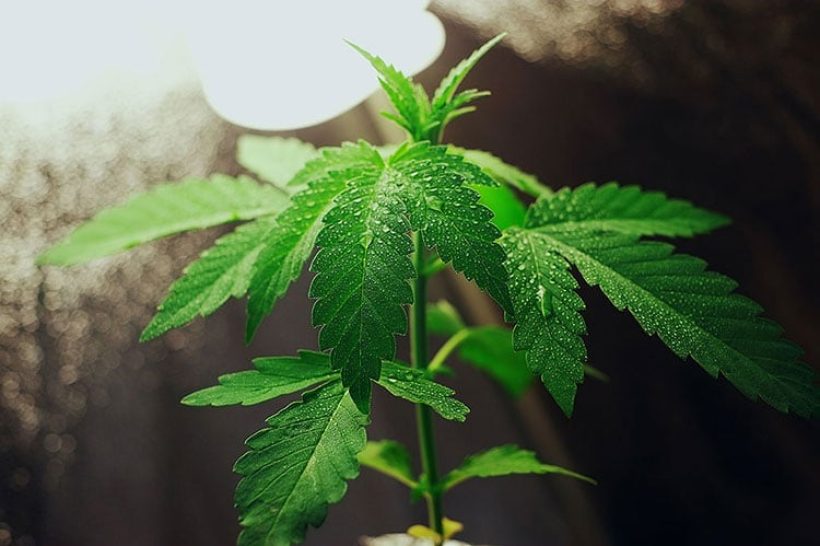In 2014, when Florida voters failed to pass Amendment 2 by the necessary 60% of the vote, the resulting publicity helped to educate the general public about medical marijuana. Parents of children with epilepsy were interviewed on TV, describing their desperate search to find a treatment that could control seizures. People with neurodegenerative diseases testified how the medications they were taking were not able to alleviate their symptoms.
In June of 2014, the Florida state legislature passed the Compassionate Medical Cannabis Act to give restricted access to low-THC marijuana for patients with epilepsy, ALS, and cancer.
What makes medical marijuana different from pharmaceutical drugs?
The marijuana plant contains over 60 chemical compounds that work together and interact with the body in different ways. While THC and cannabidiol (CBD) have been identified as the most significant psychoactive agents in marijuana, the other ingredients enhance their effects and provide additional benefits. THC extracts marketed by pharmaceutical companies, like Marinol and Cesamet, contain only one or two compounds without the added benefits of whole-plant marijuana.
Marijuana acts differently on the body from many of the drugs prescribed for epilepsy, ALS, cancer, Parkinson’s and other diseases. Medical cannabis appears to penetrate the blood-brain barrier and interact directly with receptors in the central nervous system. It seems to regulate electrical impulses in the brain and restrict the activities of immune cells in autoimmune diseases.
Marijuana is not addictive
Marijuana is not addictive like opiate painkillers, requiring ever-increasing doses to achieve the same relief. A 2014 study found that states with medical marijuana laws had suffered almost 25% fewer deaths from drug overdoses. Medical marijuana interacts with the body in a different way from opiate painkillers, and is more effective for some types of pain, like deep-seated cancer pain and neuropathic pain.
Reference: Penn Study Shows 25 Percent Fewer Opioid-Related Deaths in States Allowing Medical Marijuana.





